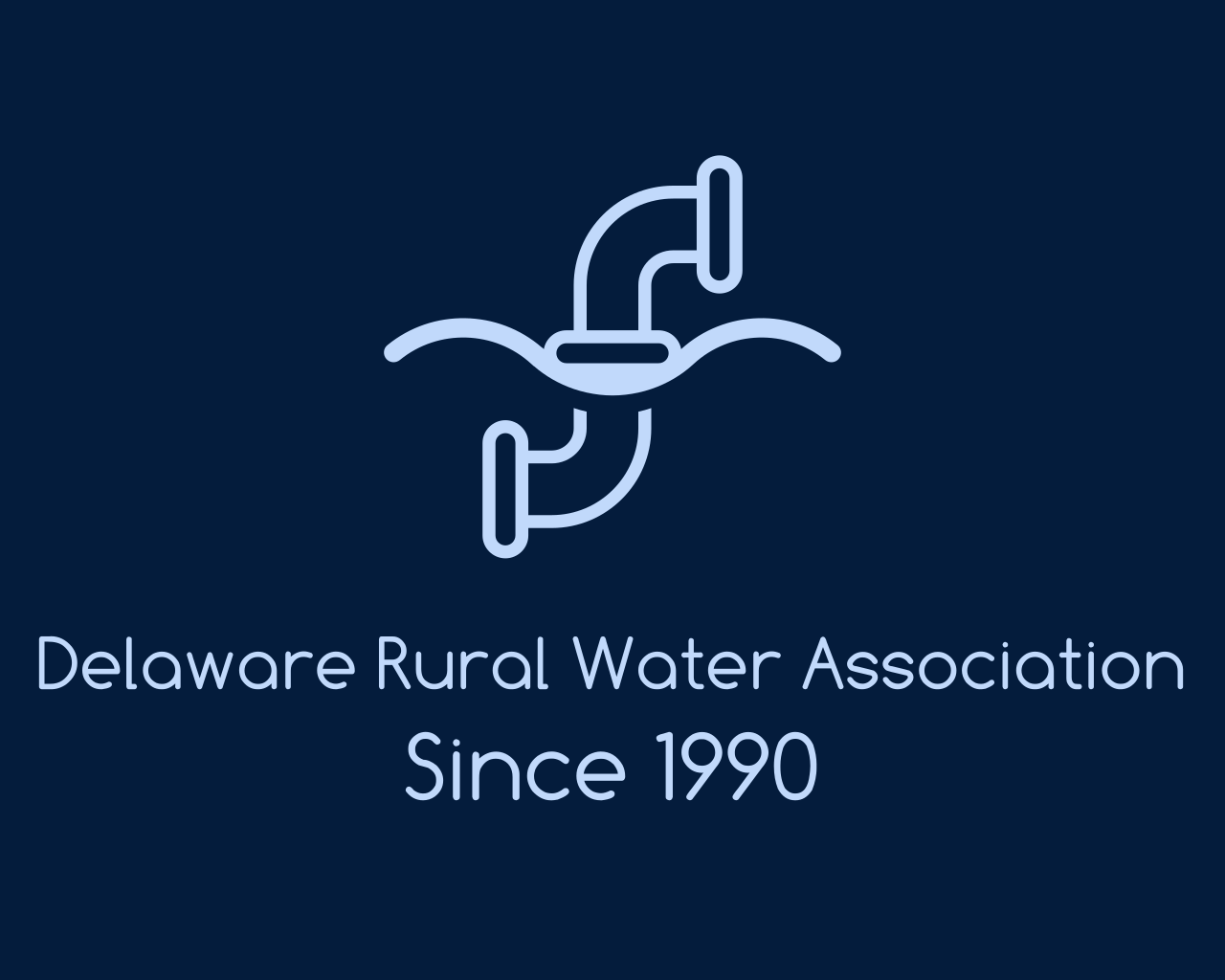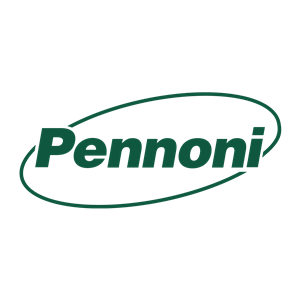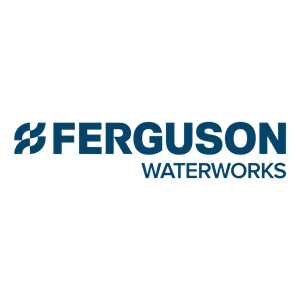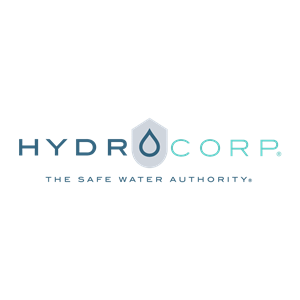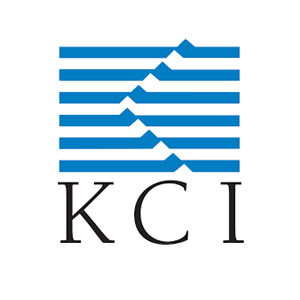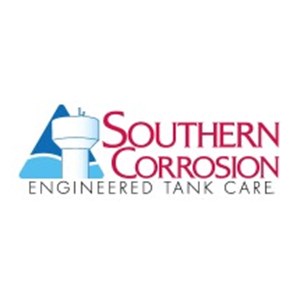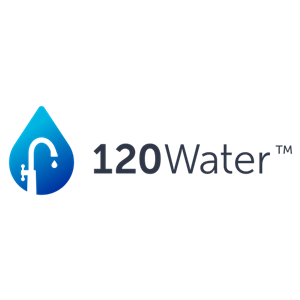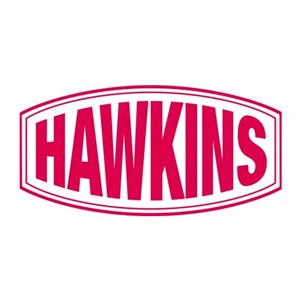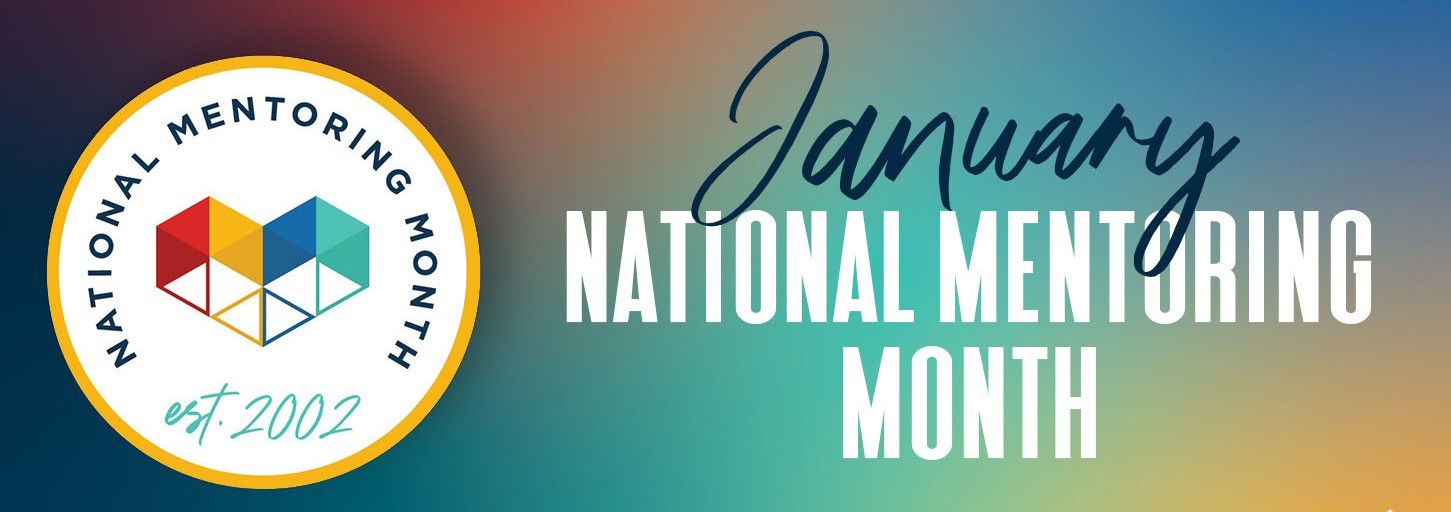Delaware Rural Water Association
The Delaware Rural Water Association (DRWA) is a dedicated non-profit organization committed to supporting and empowering water and wastewater professionals across Delaware. We provide essential training, technical assistance, and resources to ensure safe, reliable, and sustainable water services for rural communities. Our mission is to protect public health and the environment by fostering excellence in water management. Join us in our efforts to strengthen Delaware's water systems for future generations.
ABOUT DRWA
Please Note: As of January 1st - Lunch will not be provided during training sessions held at DRWA
Mission Statement
The mission of Delaware Rural Water Association (DRWA) is to meet the needs of member water and wastewater systems by providing quality information, training and technical assistance and legislative representation, and to assist them in maintaining a high standard of service to their communities.
